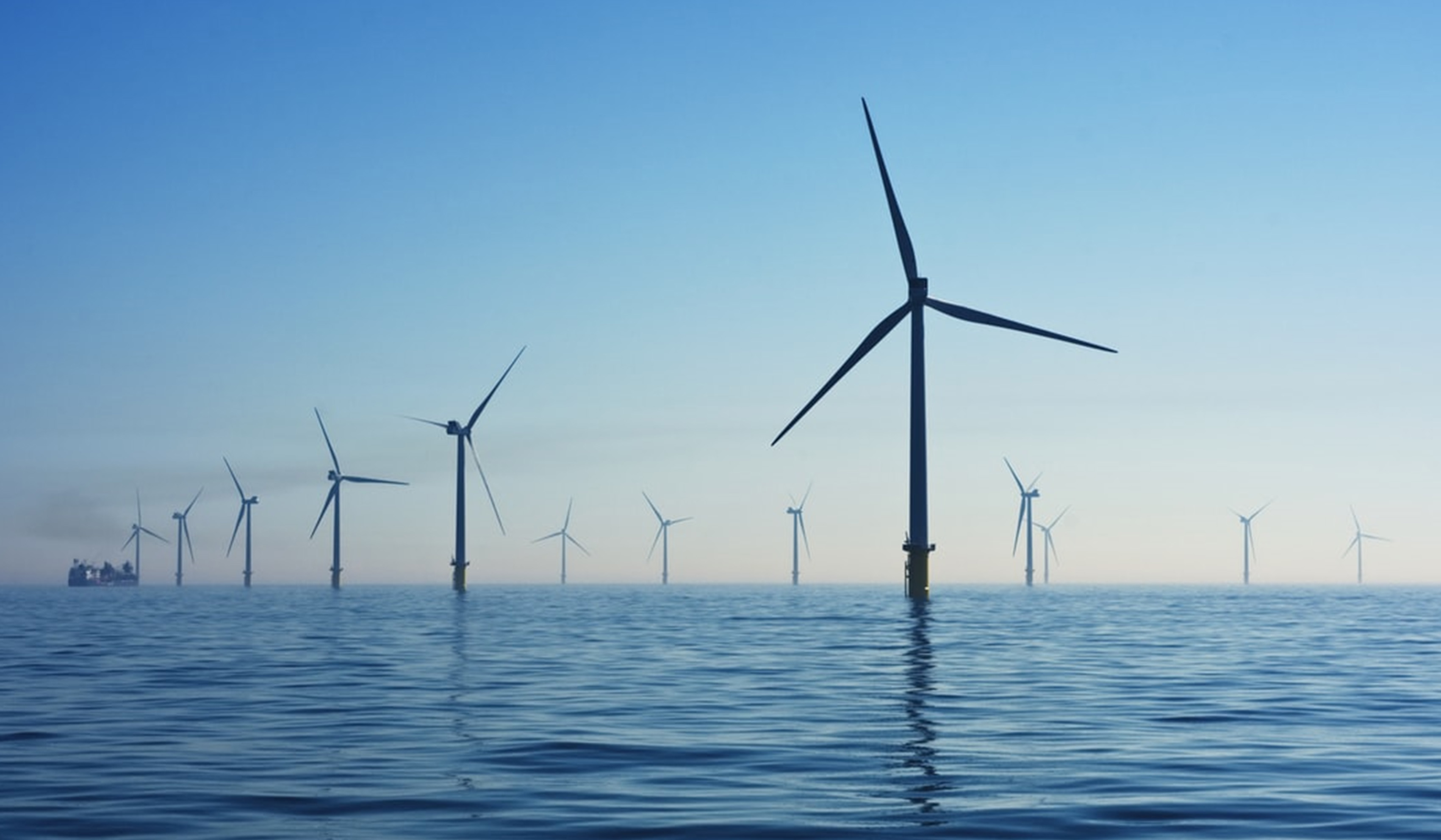According to a report from the International Renewable Energy Agency (IRENA) published in April, the transition to renewable energy could drive significant socio-economic development: investments in this sector could boost the global GDP by almost $110 trillion and create millions of jobs worldwide. “Accelerating renewables is an opportunity to reach the international climate objectives while stimulating economic growth by creating millions of jobs and improve human well-being at the same time by 2050”, says Francesco La Camera, director general of IRENA.
ENGIE, via its subsidiary ENGIE Green, is already at the forefront of the promotion of renewable energy and is helping to lead the global energy transition, with a commitment to doubling its installed renewable energy generating capacity to 16,000 MW by 2025.
- Transitioning to renewable energy would require a significant initial investment: $19 trillion more than the current scheduled energy scenario. But according to the report’s figures, every dollar bet could bring back 3 to 8 dollars. This would lead to a possible increase of $98 trillion of the global GDP by 2050, meaning 2.4% more than what “current plans” would achieve.
- The report also foresees a total of 42 million jobs in renewables globally by 2050, which is four times their current level, as well as an additional 21 million jobs in energy efficiency fields and 15 million in the pursuit of greater system flexibility.
- The transition to renewables could help replace fossil fuels in heavy industries and others sectors that are difficult to “decarbonize.” This would reduce the global carbon emissions of the energy industry by 70% by 2050.

